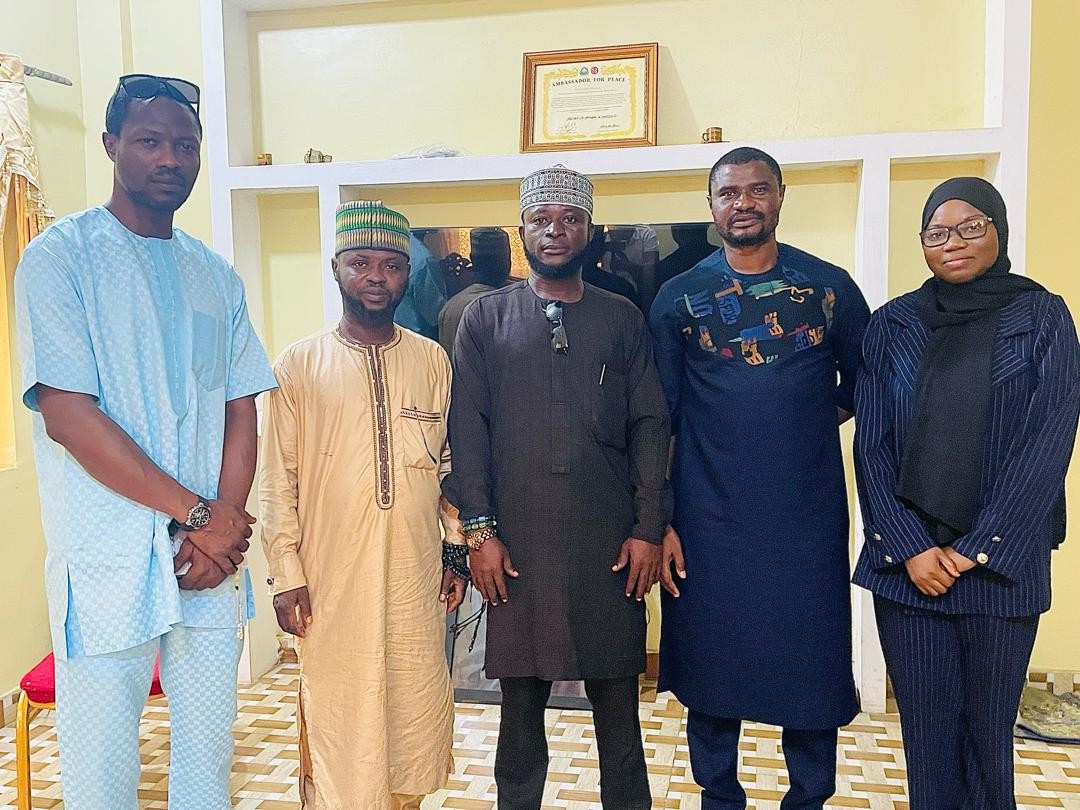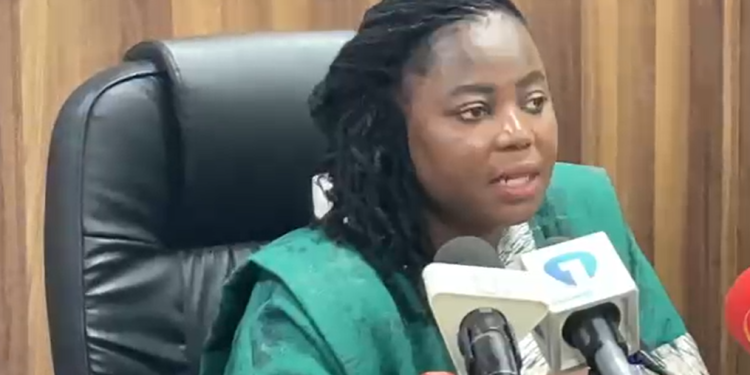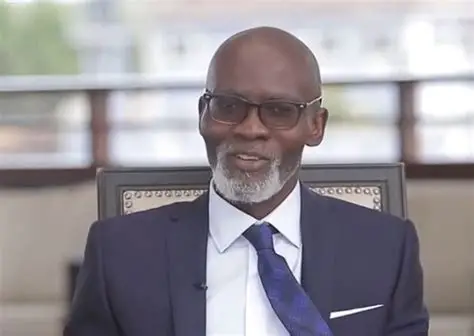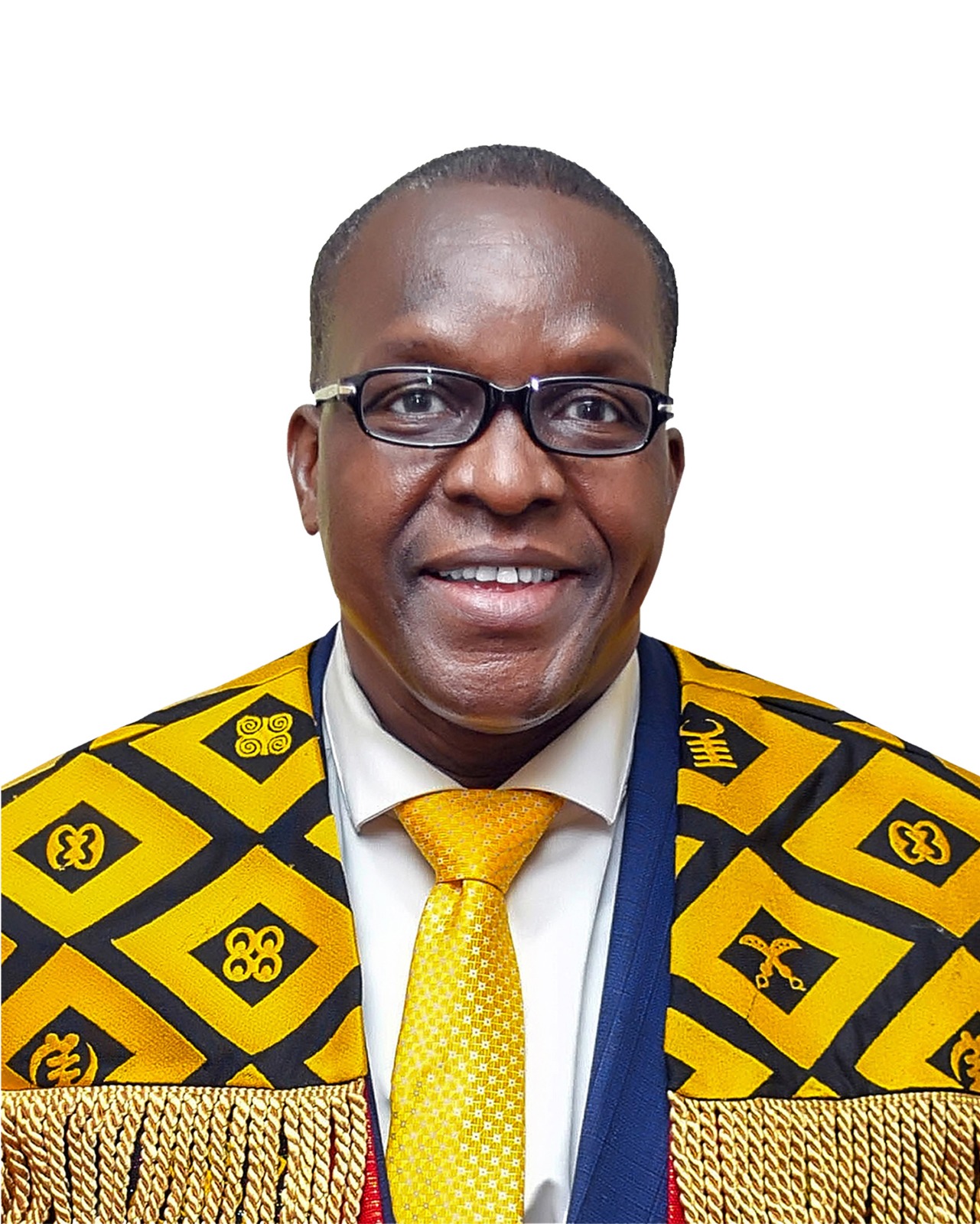The Ghana Muslim Law Students Association (GMLSA) has called for urgent reforms to Ghana’s Marriages and Matrimonial Causes Act, 1971 (Act 367), specifically the sections governing Islamic marriages and divorces.
The Association is also pushing for active Muslim representation in the ongoing constitutional review process.
The call was made during a high-level consultative meeting with the Office of the National Chief Imam in Accra, aimed at aligning national legal frameworks with the lived realities of Ghana’s Muslim population.
Addressing Legal Gaps in Islamic Marriages
Acting Convener of the GMLSA, Mohammed Hamis Uzair, highlighted several inconsistencies in the current legal structure, which he said fail to acknowledge the religious and cultural nuances of Muslim marriage practices.
“One major issue is the licensing of Islamic marriage officers,” Uzair stated. “The law places this responsibility solely on the Ministry of the Interior but makes no reference to the Office of the National Chief Imam, which we believe is the rightful authority to vet and approve Muslim clerics.”
He proposed a dual-approval system where the Ministry of the Interior would retain licensing powers but only upon formal clearance from the Chief Imam’s Office. According to Uzair, this approach would ensure both legal compliance and religious legitimacy.
Proposing Realistic Registration and Comprehensive Reform
The association also criticized the current seven-day registration period for Muslim marriages, describing it as unrealistic and out of touch with actual practices within Muslim communities.
“We are proposing an extension to at least 30 days,” Uzair explained. “Newly married couples need time to settle, and the law must reflect that reality.”
He emphasized the need for a complete overhaul of Act 367, arguing that the law is outdated and was enacted without adequate consultation with the Muslim community. “These laws were created in a different era and do not address the social and religious realities of Muslims in Ghana today. It’s time for reform,” he said.
Muslim Inclusion in Constitutional Review
Chairperson of the Association, Sariki Alhaji Mubarak Abdul Rahim, echoed the call for inclusion in national legal reforms, stressing that the constitutional review process presents a historic opportunity for the Muslim community to contribute to national discourse.
“With the review process underway, this is a golden opportunity for Muslims to make our voices heard on critical issues such as Islamic marriage laws,” he said. “We must not be passive; we must organize and be at the table.”
Sariki Mubarak also raised concerns over the lack of legal awareness among Muslim families, noting that this gap contributes to conflicts and uncertainty in marriage and divorce matters. He called for more community consultation and legal education, especially among young people.
Support from the Chief Imam’s Office
Alhaji Khuzaima Osman, Executive Council Member of the Ghana Tijaniyyah Muslim Movement , commended the law students for their bold advocacy and affirmed the Office of the National Chief Imam’s support for strategic reform efforts.
He urged youth-led organizations to maintain independence while working together for the common good of the Muslim community. “We must move beyond fragmentation and present a united front for the development of our people,” he stated.
Alhaji Khuzaima also announced plans to form a Muslim volunteer corps comprising professionals such as lawyers, doctors, and engineers to support community development initiatives. He acknowledged internal resistance from some established groups but encouraged young advocates to remain focused and innovative.
“Real progress will come when we adopt a forward-thinking mindset and set aside internal divisions,” he said.
Path Toward Inclusive Reform
The meeting forms part of a broader national consultation aimed at modernizing legal and social structures affecting Ghana’s Muslim population. Both the GMLSA and the Office of the National Chief Imam reaffirmed their commitment to working together to ensure that future laws reflect the religious identity, rights, and dignity of Muslims in Ghana.
Also present at the meeting were Ummu Kulthum M. Hud and Umar Farook Abdur-Rahman, Special Assistant to the National Chief Imam.
Source: Isaac Kofi Dzokpo
Share Us



